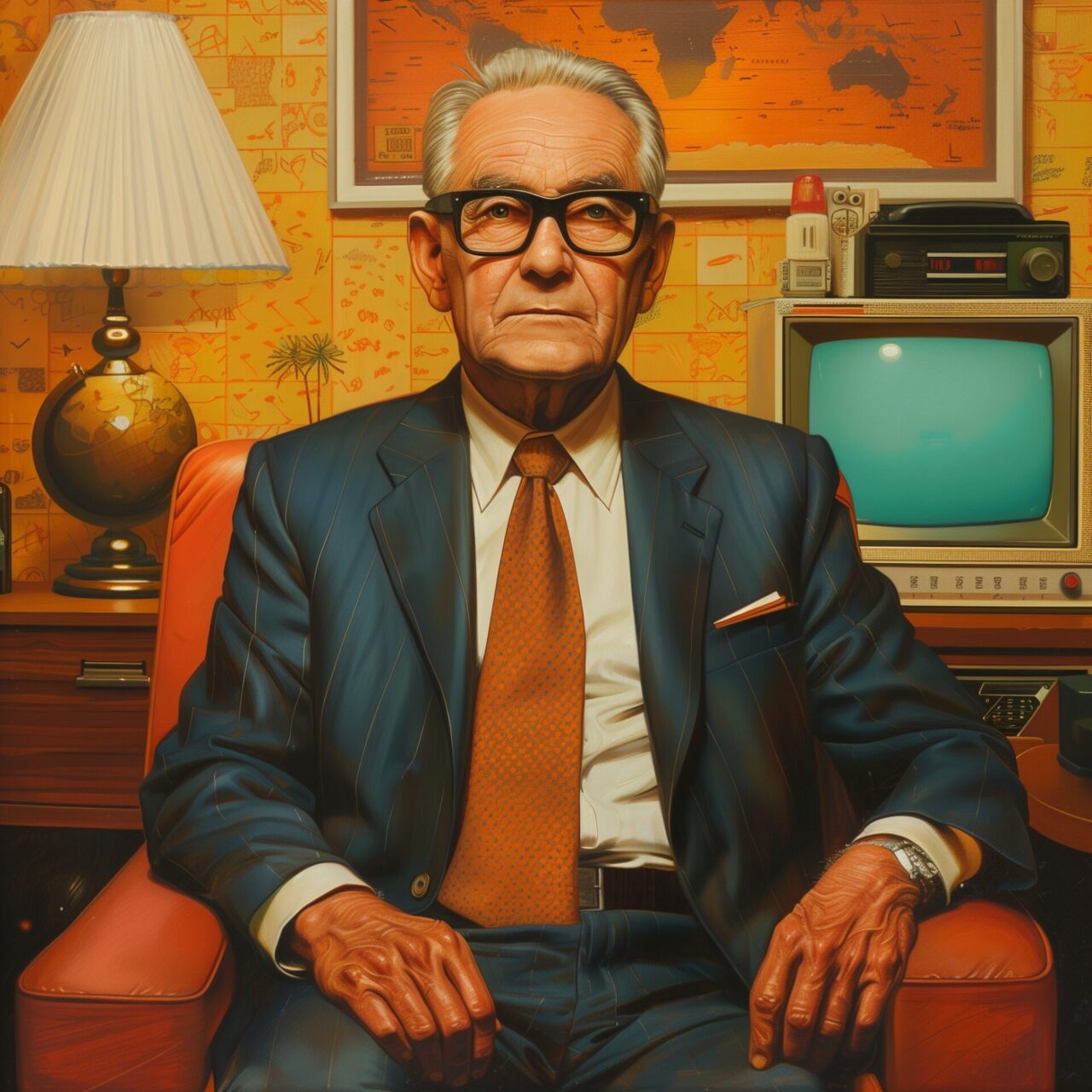
Technocratic elites
In modern society, where technology and data are the new currencies of power, technocratic elites are increasingly gaining influence. These groups, consisting of experts and highly qualified specialists, promise efficient and rational governance, but their role is not without controversy. This article explores the facets of technocratic elites in reality, their representation in utopias and dystopias, and their links to current global events and pop-cultural representations.
Technocracy refers to a system in which decision-makers are selected on the basis of their technical knowledge and expertise. The term, which became popular in the 1910s, suggests a rule of the most competent, an idea that is both fascinating and unsettling.
In the real world, technocracy manifests itself in the form of advisory bodies, think tanks and government agencies run by experts. These groups play a central role in shaping policies ranging from environmental regulation to economic reform. However, critics argue that such elites often operate at a distance from the day-to-day realities of citizens, undermining democratic accountability.
Technocracy as utopia and dystopia
In science fiction literature and films, the idea of technocracy is often presented in two extreme narratives: as a utopia of a well-ordered, rational society or as a dystopia in which a dehumanised elite takes power. Works such as Aldous Huxley’s “Brave New World” or the “Matrix” film series depict technocratic systems that operate at the expense of individual freedoms and human emotions.
Corona crisis and the Great Reset
The coronavirus pandemic has intensified the debate about technocratic approaches in global health policy. Measures such as lockdowns and the rapid development of vaccines have been driven by technocratic expert groups. At the same time, this has led to conspiracy theories, such as those surrounding the “Great Reset”, which some see as an attempt by a technocratic elite to gain global control.
Technocracy in film and literature
The depiction of technocratic elites in pop culture offers a rich palette of interpretations. Films such as “Gattaca” and “Elysium” consider the social divisions that can arise from technocratic rule. These media reflect the fears and hopes associated with the idea of a world run by experts.
The challenge for modern societies is to balance the efficiency of technocratic decision-making with the need for democratic legitimacy and human empathy. While technocracy can provide solutions to complex problems, it must always be complemented by transparent procedures and democratic controls to ensure a healthy balance between expertise and popular sovereignty.


